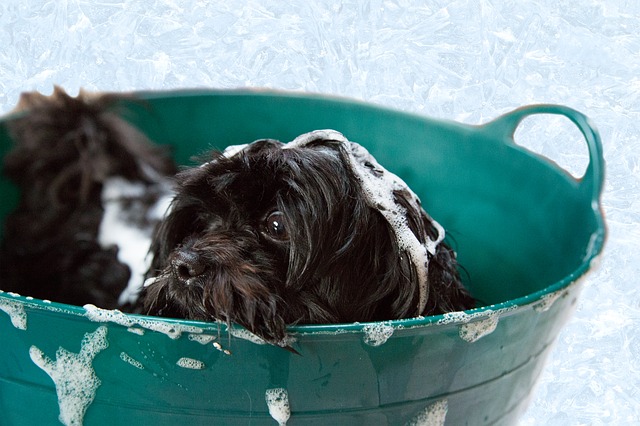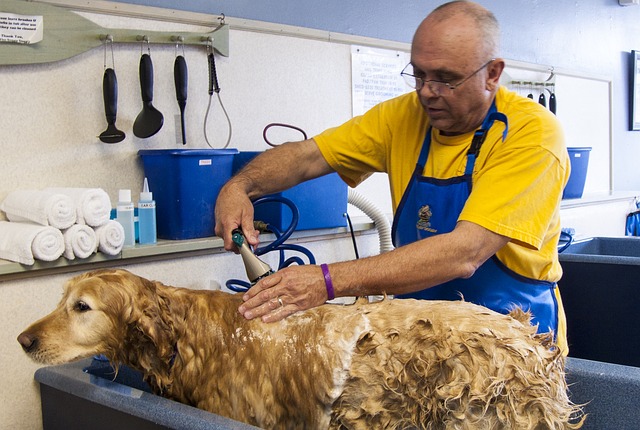When dogs are allergic they itch. There are certain situations that bite or lick certain parts of the dog’s body. When the owner notices that the dog is itching in most cases he usually thinks that the dog has fleas but he does not suspect it may be an allergy.
Dogs that have an allergy that attacks the lungs lick and bite their paws. Dogs may come in contact with allergens through their skin but many problems are due to inhalation of some allergens.
Dogs can develop allergies from 6 months to 3 years of age. During this time, dogs have a tendency to inhale different allergens from their environment. Allergies are allergic in nature and develop and change throughout the life of the dog.
Diagnostic findings are necessary before appropriate therapy is prescribed because the symptoms of various skin problems may be similar to the symptoms of a lung allergy. Such problems can be dermatitis, caused by flea bites, food reactions, internal parasites, fungal infections or epidermal dysplasia.

When deciding to start treatment, we should do a nutritional analysis, droppings, and check that the dog has fleas to rule out other possible causes of the problem.
There are several ways to test allergy. One of the ways is the subcutaneous test which takes approximately one hour. Another way of testing is also well known and practiced is blood analysis and this method proved to be best for diagnosing allergies.
The simplest way to prevent dog itching is to bathe it in cold water. Water temperature is very important because we must not bathe in hot water because it causes itching. The cold bite will relax the dog. There are also shampoos that contain ingredients that soothe irritated skin.
Corticosteroids are also used when the dog has an allergy, but in this case, they should be used for a short period of time, ie for one to two weeks.
Antihistamines are not as popular in treating allergies, although they work very well in one-third of allergies that occur in dogs.
The most reliable and best form of treatment for lung allergies is immunotherapy. Immunotherapy is the administration of injectable therapy. Immunotherapy is not required for allergic dogs but in cases where the allergy season lasts longer than two months and other forms of therapy have not been sufficient. Allergy injections work immediately. It takes a period of 4 to 12 months to see the results of immunotherapy. About 75 percent of dogs respond to this form of therapy.





